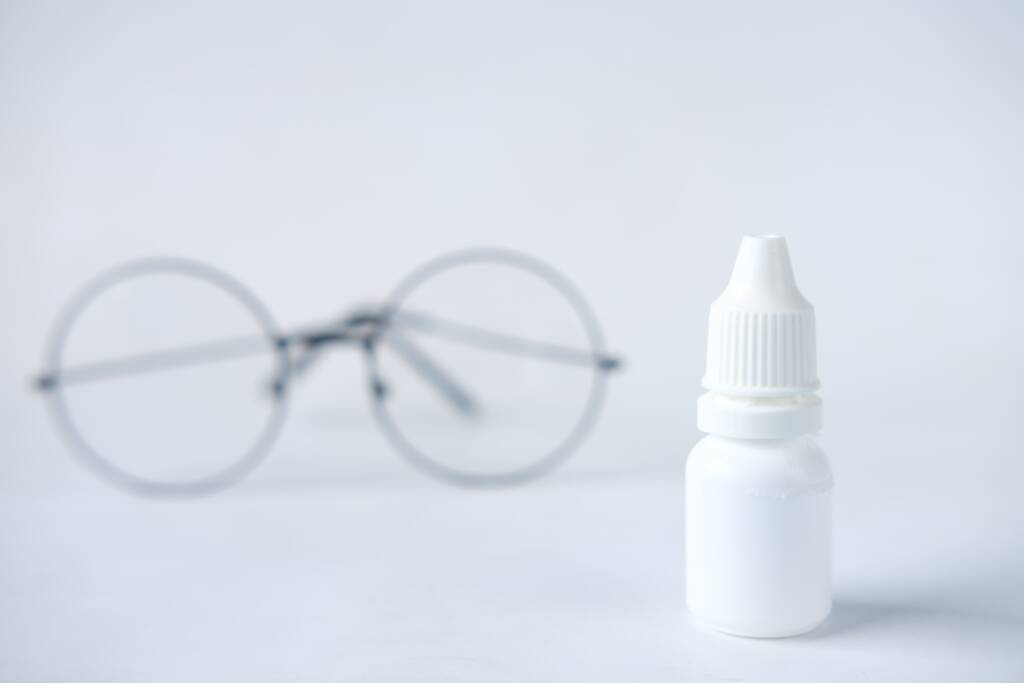DRY EYE TREATMENT

Our team at Northwest Vision Center believes that the best eye care is simple, modern, and personalized — and that’s how we’d describe our comprehensive solutions for dry eye disease.
We understand how uncomfortable dry eye can be, and we’re here to identify, and provide relieve for, your unique case. Rest assured, your eye health is our top priority, and a specialists eye exam will thoroughly screen your eyes and help us get started on tailoring a treatment plan for you.
WHAT IS DRY EYE SYNDROME?
Dry eye is a common condition where the eye becomes dehydrated, leading to symptoms like redness, discomfort, and blurry vision. Your natural tears are supposed to prevent this, but dry eye occurs when you don’t produce enough tears, or your tears aren’t properly hydrating the eye.
Dry eye is usually either “aqueous” or “evaporative”. Aqueous describes when your body lacks water and can’t produce enough tears. Meanwhile, evaporative dry eye is when your tears lack oil and evaporate too quickly. This often happens when your meibomian glands — small, oil-producing glands on your eyelid — become clogged.
COMMON SYMPTOMS OF DRY EYE
- Irritated, stinging, or burning eyes.
- The felling of something being stuck in the eye.
- Redness or bloodshot eyes.
- Mucus in or around the eyes.
- Issues wearing contact lenses.
- Light sensitivity & difficulty with nighttime driving.
- Eye fatigue.
- Blurry vision.
CAUSES OF DRY EYE
A healthy tear film has three layers: oils, water, and mucus. All three work to keep the eye lubricated, hydrated, and clear, but lacking any of these can cause dry eye.
One of the most common causes of dry eye is meibomian gland dysfunction (MGD), when your eyelid’s oil glands are infected, clogged, or otherwise unable to perform properly. Another cause we’ve been seeing more is excessive use of computer screens: as people use digital devices more and more in daily life, staring at these backlit screens can put strain on the eye that can affect tear production.
Some other common risk factors for dry eye include:
- Aging
- Specific medical conditions
- Certain medications
- Corneal sensitivity, such as from contact lens use
- Nerve damage
DRY EYE TREATMENT OPTIONS AT NORTHWEST VISION CENTER
At North West Vision Center, we believe that every patient deserves the best eye care — and, by extension, dry eye treatment — possible. Eye health is important, and protecting it starts with an eye exam.
We use comprehensive testing and imaging to identify the specific causes of a given dry eye case, and modern solutions to help treat your dry eye as effectively as possible. And our expert doctors will walk you through your unique diagnosis and treatment options to ensure that you’re involved in your care.